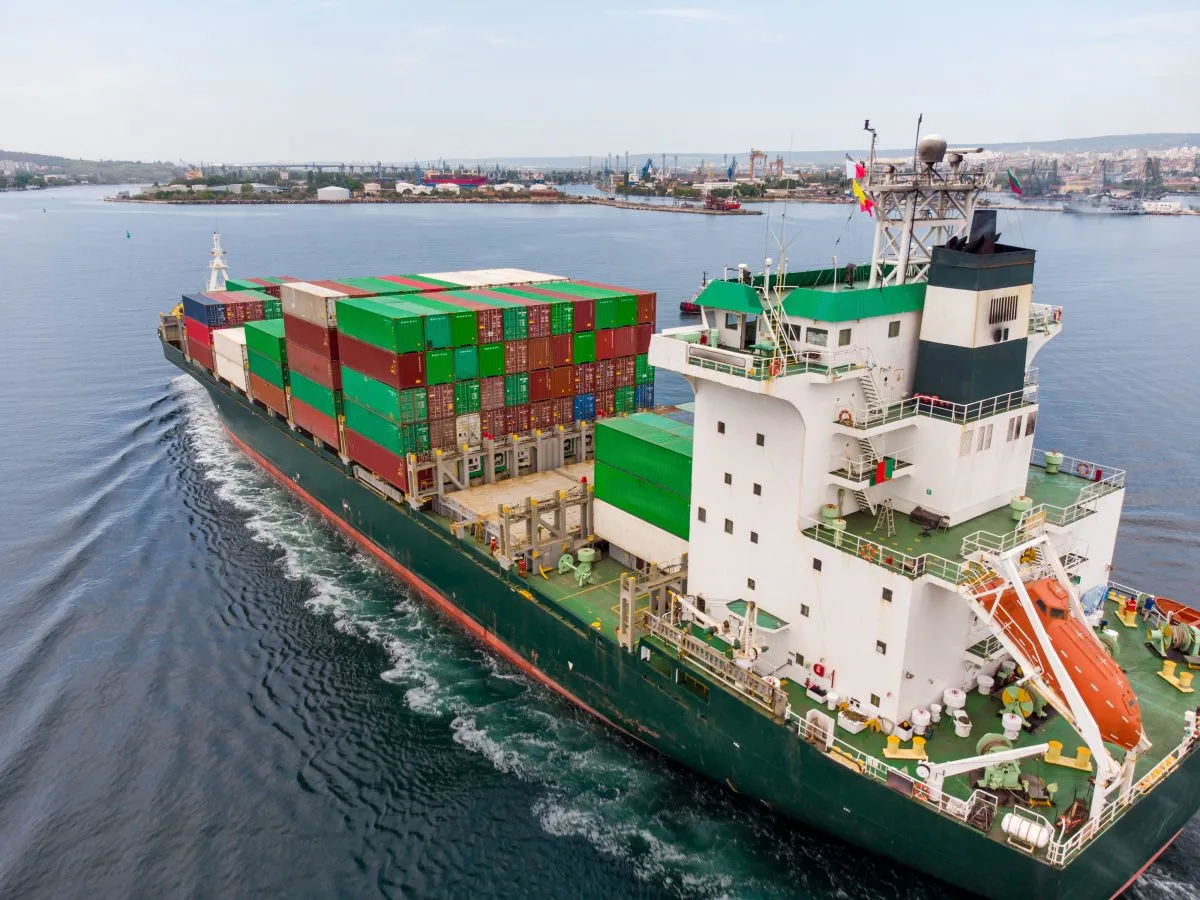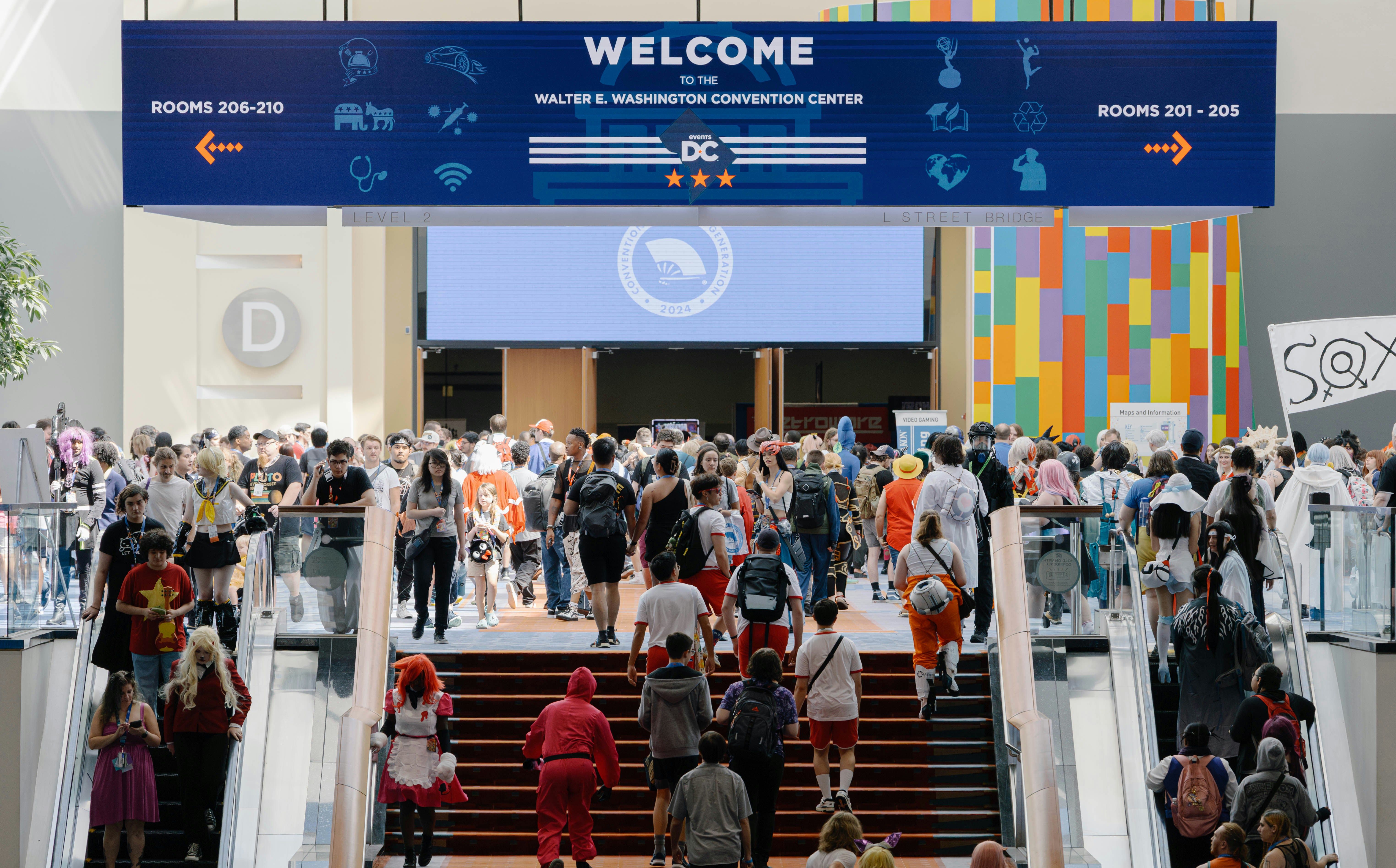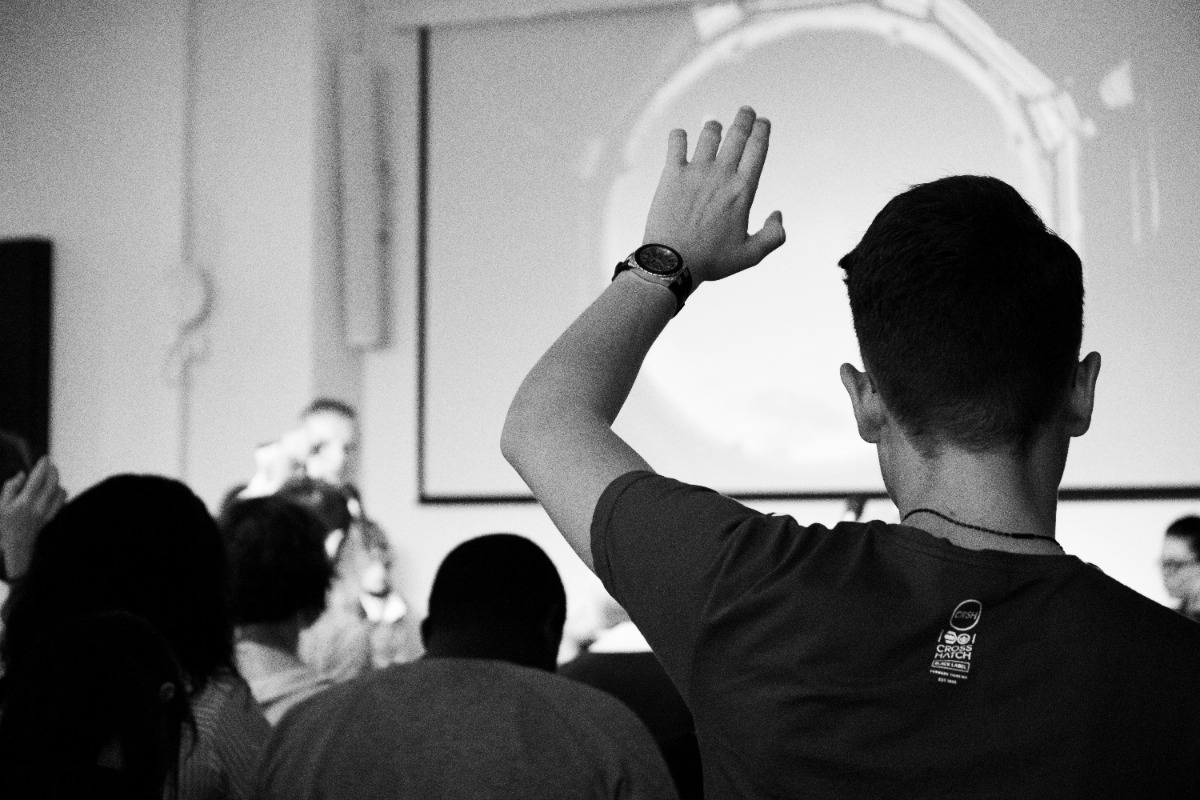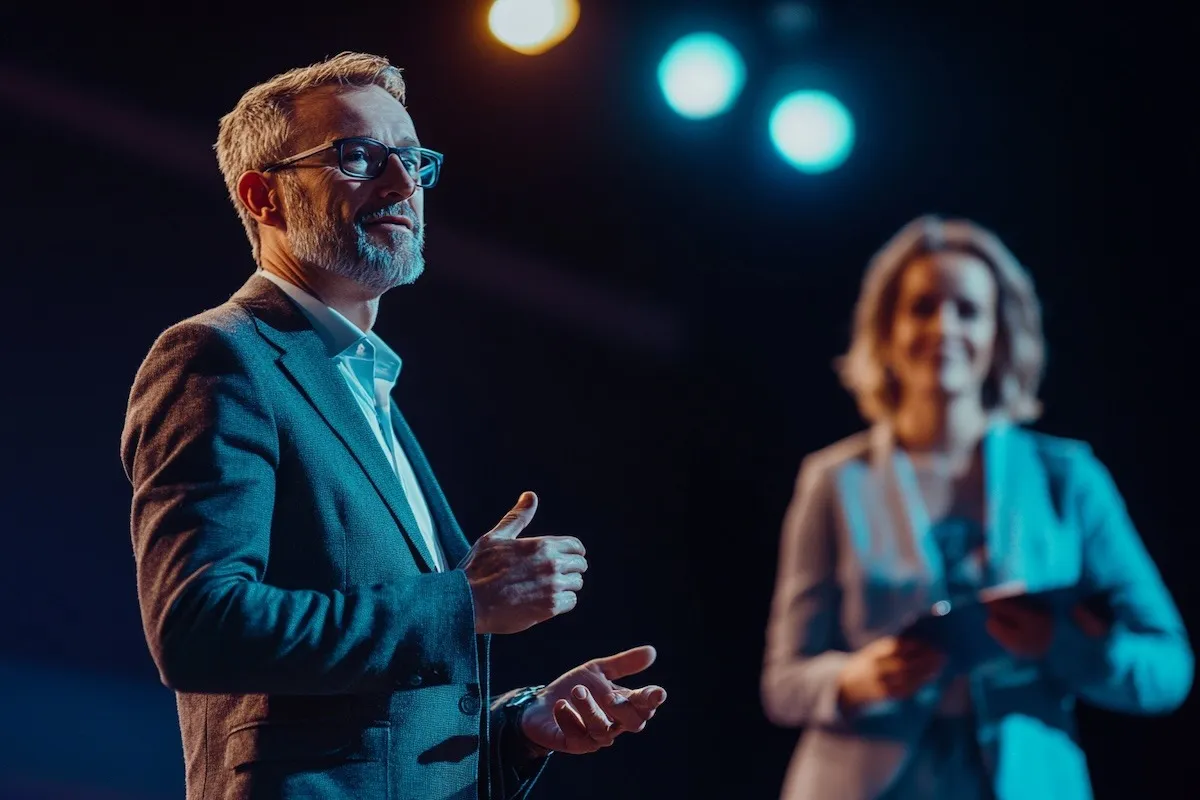Meetings Innovator: Tahira Endean
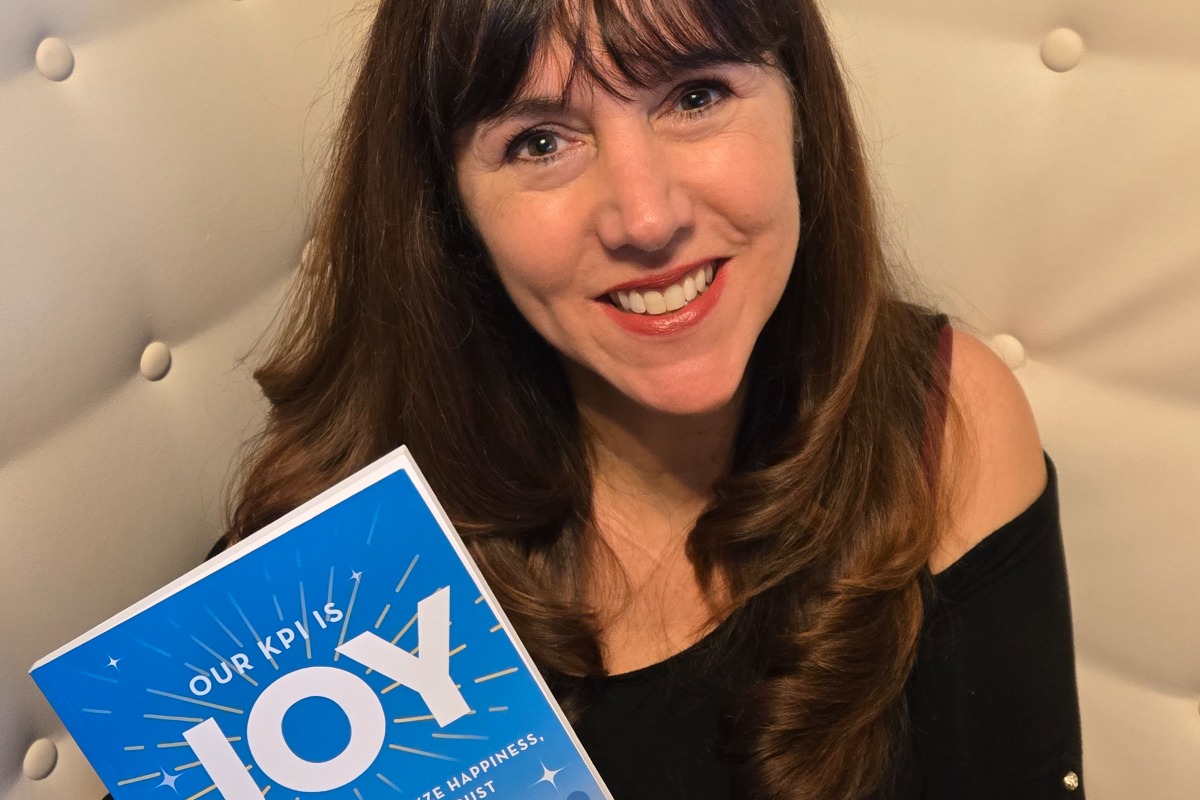
Skift Take
Tahira Endean was effusive as she shared a comment from a reader of her brand-new book, Our KPI is JOY: How Live Events Catalyze, Happiness, Productivity and Trust.
The event manager reader complimented her on reframing success in events through a new lens: “I’ve spent years chasing attendance metrics and ROI, but your insights have me rethinking how we measure magic,” she said.
The book is Endean’s second about business events; her first, Intentional Event Design, which she wrote in 2017, has become a playbook for the industry.
Skift Meetings sat down with Endean, head of programming at IMEX, to learn more.
Meetings Innovators is a new series dedicated to spotlighting the trailblazers defining the future of the meetings industry. Each month, we feature visionary professionals breaking the mold with innovative strategies, fresh perspectives, and bold ideas. Beyond planning events, these pioneers are crafting experiences that resonate, inspire, and lead the way forward. Join us as we celebrate the creative minds taking the future into their own hands and shaping what’s next in the world of meetings and events.
Joy is certainly a different KPI than people in the events industry are used to. How did you come up with that?
We need different ways to talk to our stakeholders. Going to an event isn't just about the people that you add to your CRM. So you have more names in your CRM — they don't mean anything if you don't follow up with them and haven't had a connection with them.
And so I thought, what if our KPI was actually joy? And it's explored in the book in a lot of different ways. How do we create our events so they are an experience where everybody wants to be there? That’s almost impossible, right? But it's not impossible, it's just really difficult.
Soft skills are often downplayed by top management. But aren't emotions connected to work performance?
At the end of the day, we're doing business, but if we're doing business and we're miserable about it, you're not going to give good customer service, and customers aren't going to be happy. If you're not feeling any kind of happiness at work, you're not going to be productive. You're not going to build trust with your teammates or with your clients. You're not going to be able to move forward.
Are there sessions you have introduced at IMEX that you don't measure by traditional standards?
Some of the smaller sessions we did that I'm super proud of are the ‘Tough Talks,’ which focused on things like perimenopause or grief. Whether it was six people or 35 people that went to the sessions, they made a positive difference in their lives. We’re planning to continue those because we have people willing to lead those hard conversations.
We did a talk on parenting. If you were looking at the numbers, you would never do it again, but if you know that the people who attended created a WhatsApp group and are going to be friends forever, you would do it every year.
There’s no way you can replicate those things virtually, is there?
No, it’s just not the same as sitting down with somebody or running into people in a hallway and having different conversations and collaborations. And if we don't have dialogue that can lead to collaboration, we're never going to have innovations.
IMEX is known for innovation, especially around sustainability. How do you keep that going year after year?
Our sustainability efforts are off-the-charts amazing. But we don't stop there. Nobody on the team says, “Oh, that's good enough.” We continue to innovate. We continue to find new partners to work with and how to delve deeper with the partners that we do have. Every year, we're trying to bring in new speakers and keep the program fresh.
Where do you get your ideas?
This year, I'll go to the House of Beautiful Business, SXSW London, and the World Experience Organization Summit, and that’s where we'll meet new people.
I also learn a lot from my students; I’m teaching an event strategy and design class at the British Columbia Institute of Technology this year. I know that these are the people who are going to go out there and be our next innovators.
Do you think the meetings industry needs more innovators?
The industry needs more people who are willing to take risks. We came back from the pandemic and said we were going to meet differently — and we didn't. We did exactly the same things.
And then everything got a lot more expensive; costs are up on average 21-36% or more, which requires us to be more innovative to have that impact because we need to edit our decisions. We really need to think about what we can do to maximize the event experience.

